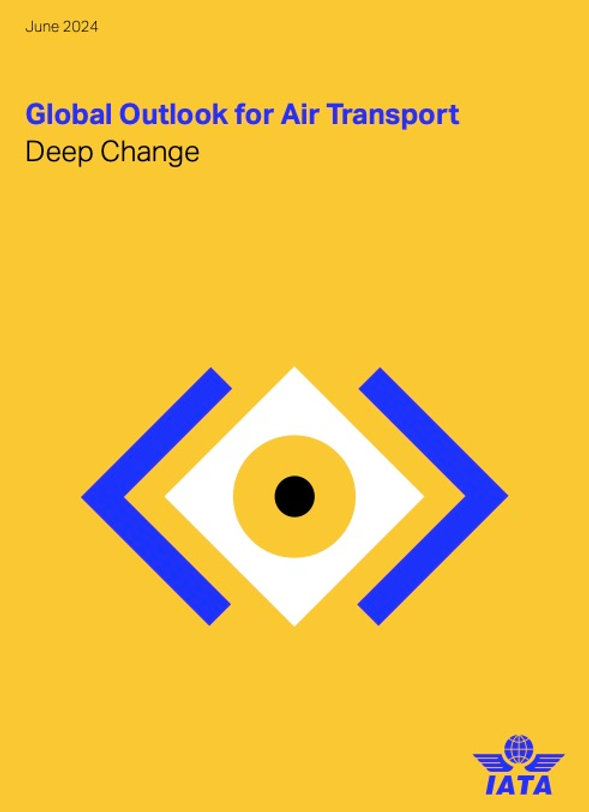
Today is Wednesday, 12 June 2024.
According to its report released last 3 June, the International Air Transport Association (IATA) announced positive trends in the airline industry.
“Aviation is vital to the ambitions and prosperity of individuals and economies… Profitability enables investments in products to meet the needs of our customers and in the sustainability solutions we will need to achieve net zero carbon emissions by 2050,” indicated IATA’s Director General in a press release.
Airline industry CO2 emissions in 2024 are expected reach 935 million tonnes, reflecting the consumption of 374 billion litres (99 billion gallons) of fuel.
As a reference, in 2023, between 450,000 and 500,000 tons of SAF were consumed. But still at a high cost, at USD 2,500 per ton, or 2.8x traditional jet fuel.
Despite this, IATA estimates that SAF consumption could increase to 0.5% of the total in 2024.
In terms of carbon offsetting and reduction scheme for international aviation (CORSIA), designed to stabilize international aviation emissions, it is estimated that US$ 600 million will be spent in 2024.
In spite of some concerns with changes in “the political determination to reach net zero carbon emissions by 2050”, IATA indicates that aviation remains committed. And maybe even more important than that, because travelers are expressing high levels of confidence in this commitment, with 82% believing it is the right goal and 76% saying that we will be able to fly sustainably.
The CORSIA scheme consists of three phases: a pilot phase (2021-2023), a voluntary first phase (Phase I, 2024-2026) and a mandated second phase (Phase II, 2027-2035).
- SEO Powered Content & PR Distribution. Get Amplified Today.
- PlatoData.Network Vertical Generative Ai. Empower Yourself. Access Here.
- PlatoAiStream. Web3 Intelligence. Knowledge Amplified. Access Here.
- PlatoESG. Carbon, CleanTech, Energy, Environment, Solar, Waste Management. Access Here.
- PlatoHealth. Biotech and Clinical Trials Intelligence. Access Here.
- Source: https://www.carboncreditmarkets.com/en/single-post/deep-changes-in-aviation-corsia-and-saf-iata-s-global-outlook-for-air-transport-report



